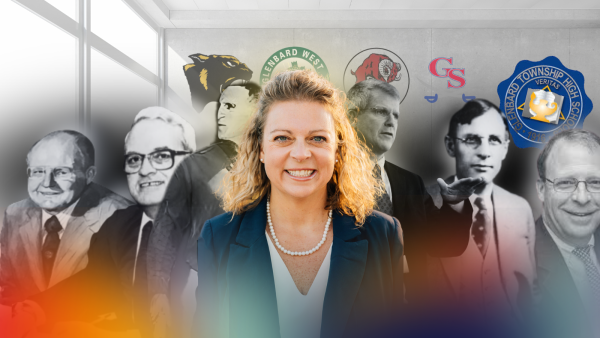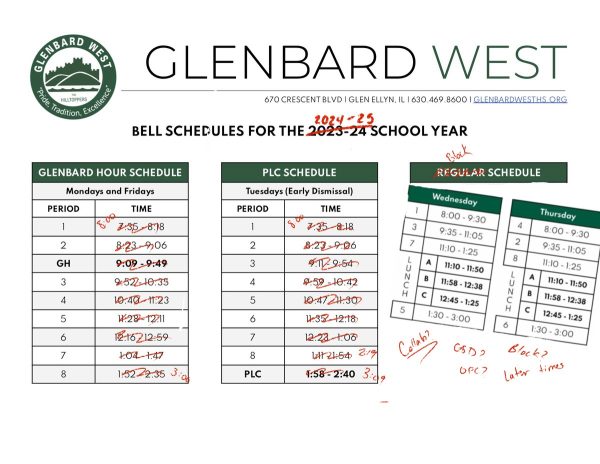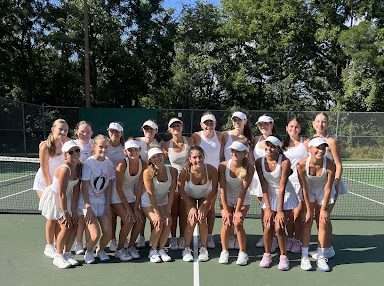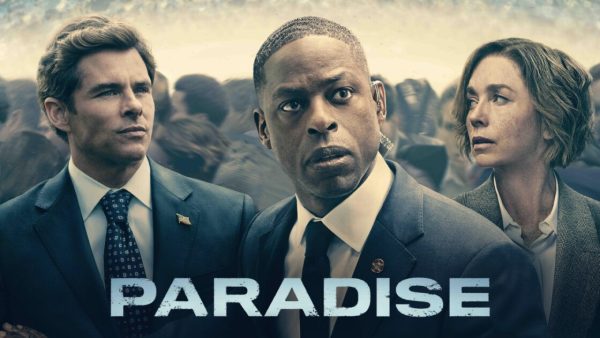West Students Head to the Polls

Photo acquired from Freepick. All rights reserved to freepick.
On Nov. 8, many Glenbard West students will vote in the Midterm elections while young people remain the most underrepresented age group in voter turnout. Despite this, voter turnout is trending ever-so upwards thanks in part to education, community activism, increasing convenience, and registration information.
In the 2020 election, voter turnout reached historic highs. While only under 50% of 18-29 year olds voted, according to the New York Times; more young people voted than previous elections. The Glen Ellyn chapter of The League of Women Voters, is a non-partisan organization that registers voters, provides voter information. Erica Nelson, who is the Co-Director of Voter Services for the League, says that “a part of fighting voter apathy is to build [civic responsibility] as part of your own personal set of responsibilities at a young age.” In 2014, Illinois passed a law allowing suffrage in primaries to 17 year olds who will be 18 by the general election. This allows students to register earlier, and ‘West provides registration information to seniors that will be eligible’, as Senior Kiwi Rose recounted. Registration for the Midterm election closed on October 23rd, but voters can still register in person on Election Day at their local polling place.
Before Glenbard West students are of voting age, they are taught about the history and process of voting in school. In Illinois, taking a government class is required for graduation. Ms. McNally, who teaches government classes, says that the courses cover all types of elections from local, to state, to federal. Students will even participate in a “mock election” because practicing “will prepare people to want to participate in that voting process in the future because it won’t be unknown. It will be something that they’ve had experience with in an unofficial capacity, until they can do it in the official capacity.”
Education on voting is expanded in U.S. history classes where students learn about how suffrage has broadened over time to include people of color, women, and 18 year olds. U.S. History teacher, Mr. Broccolo explains how the voting age was lowered from 21 to 18 during the Vietnam war because an 18 year old man could “be forced into the military against their will and be drafted and be sent of to a war to kill and be killed for their country, but they can’t walk into a booth and […] check a box”.
After being educated on the voting process Ms. Nelson says that it is important to “recognize that we have a responsibility to educate ourselves about candidates” and to remember that when selecting candidates “we are asking them to take responsibility for our voice.” The League of Women Voters hold forums for local candidates that leave people “with a better sense of what that candidate stands for and the kind of positions that they’d take if they are elected.” Kiwi Rose, as a first time voter says it is important to be “as informed as you possibly can, because you wanna make the choices that will benefit the vast majority of people and not just yourself.”
The President of the Political Science club, Sean Kern says “it can be difficult to be an informed voter when you have only a limited perspective of what politics does to you.” From his observations, Sean says that many students seem to be misinformed on politics and government structures. Kiwi says that “being informed on different political issues and just different societal issues in general […] is really important when it comes to voting”. She keeps up with current events using news apps like millions of American teens. Mr. Broccolo says to be informed, voters should “be educated about the issues when it comes time for you to vote.”
Kiwi says “it’s important for young people to vote because I think they’re probably more in-tune with the current political state of the country”. At registration events, Ms. Nelson remembers talking with young voters “who are interested in being better stewards of the privilege of the right, the responsibility to vote” and adds that “voting is not just a responsibility, it’s a duty” Sean said that “you have the right to make a bad decision, to not vote” but “if you don’t vote, you’re basically saying: I don’t care.”
Tuesday, November 8th is a no school day at Glenbard West, so eligible students and staff can have time to vote. As Ms. Nelson said: the test of democracy is “will we show up?”
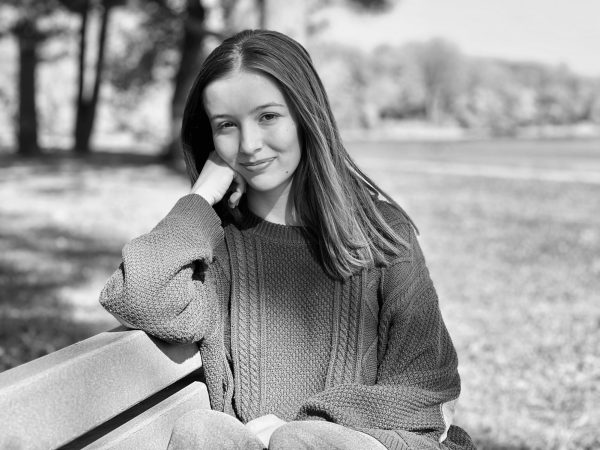
Katherine Schlueter is a senior and an Editor-and-Chief of The Glen Bard. She is also an Eagle Scout, and enjoys reading, camping, listening to music,...

